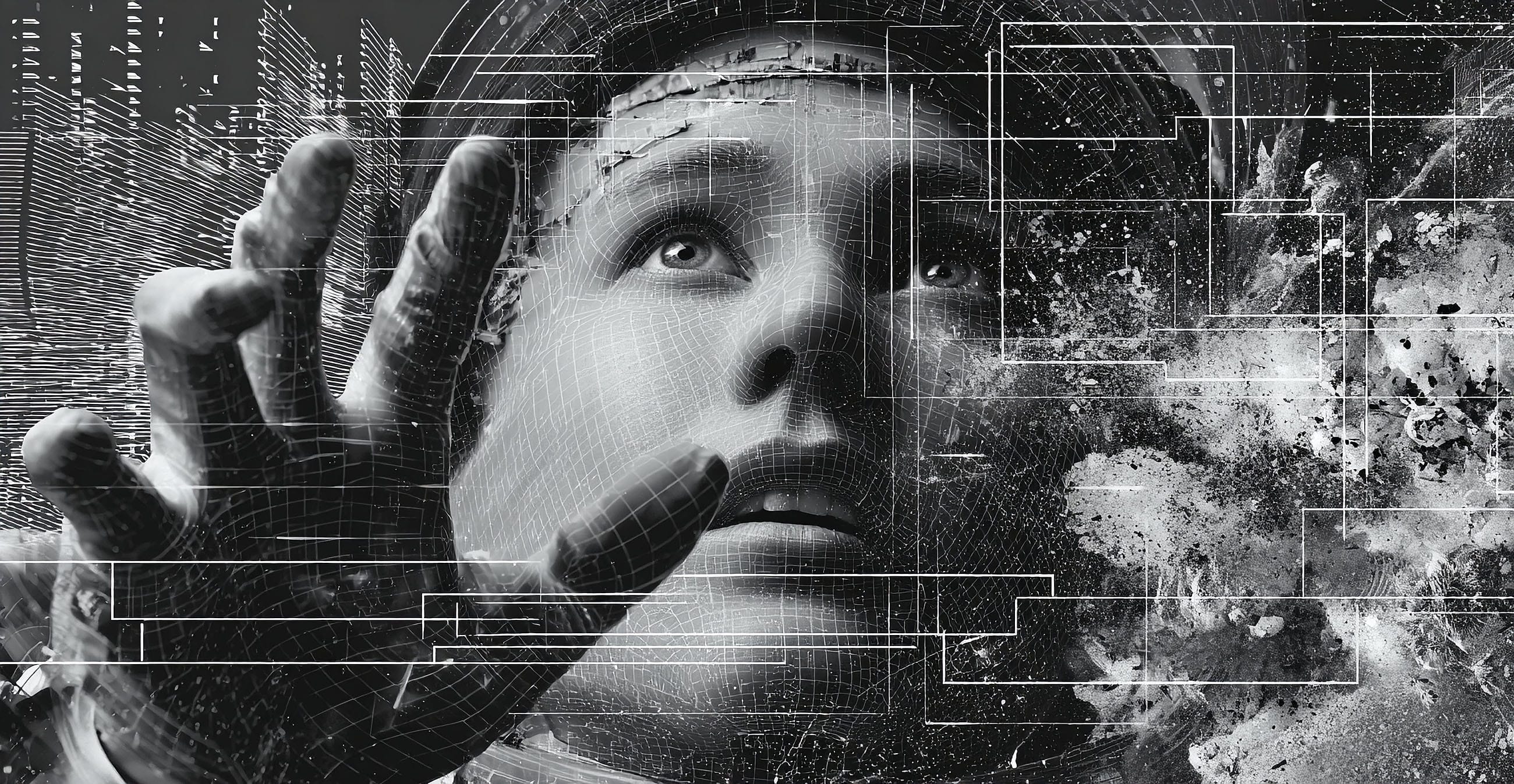Join us as we explore the nature of consciousness, the potential for artificial life, the meaning of immortality, and the limits of human knowledge. These questions will spark deep thought and introspection, inviting you to consider the fundamental nature of reality and the place of humanity within it.
1. The Sound of Silence
Does a Tree Falling in an Empty Forest Make a Sound?

This classic philosophical thought experiment challenges our understanding of perception and reality. If a tree falls in a forest and no one is around to hear it, does it truly make a sound? Or is sound a subjective experience that requires an observer to perceive it? This question invites us to consider the nature of existence and whether it is dependent on consciousness.
2. The Soul of a Machine
Can a Robot Have a Soul?

As artificial intelligence continues to advance, the question of whether machines can possess consciousness becomes increasingly relevant. If a robot were to develop self-awareness, emotions, and a sense of purpose, could it be said to have a soul? This question raises profound philosophical questions about the nature of consciousness, the soul, and the potential for artificial life.
3. Immortality and Identity
Would an Immortal Lose Their Sense of Self?

The concept of immortality has fascinated philosophers and thinkers for centuries. If a person were to live forever, would they eventually lose their sense of self? Would their identity be eroded by the passage of time, or would they remain essentially the same person? This question explores the relationship between identity, time, and the nature of existence.
4. The Meaning of Life
Is There a Purpose to Existence?

One of the most fundamental philosophical questions is the search for meaning in life. Is there an inherent purpose to our existence, or is it up to each individual to create their own meaning? This question has been pondered by philosophers and theologians for centuries, and it continues to be a source of contemplation and debate.
5. The Clone Paradox
Is a Clone a Separate Individual?

The possibility of human cloning raises intriguing philosophical questions about identity and individuality. If a person were to be cloned, would the clone be considered a separate individual with their own unique consciousness and experiences? Or would they be a mere copy of the original? This question explores the nature of personhood and the limits of genetic determinism.
6. The Limits of Knowledge
Is It Possible to Know Anything for Certain?

The pursuit of knowledge is a fundamental human endeavor. However, the question of whether we can ever truly know anything for certain has been debated for centuries. Are there limits to human understanding, or is it possible to attain absolute certainty? This question explores the nature of truth, evidence, and the human mind.
7. Godhood and Humanity
Can a Person Become a God?

The concept of godhood has been a central theme in many religions and mythologies. If a person were to attain godlike powers, would they still be considered human? Or would they transcend the limitations of humanity and become something entirely different? This question explores the nature of divinity, the relationship between humans and gods, and the potential for human transcendence.
8. The Dream vs. Reality
How Can We Distinguish Between the Two?

The boundary between dreams and reality can be blurred at times. How can we be sure that we are not currently dreaming? This question explores the nature of consciousness, perception, and the subjective nature of experience. It also raises questions about the nature of reality itself and whether it is a shared objective experience or a subjective creation of the mind.





